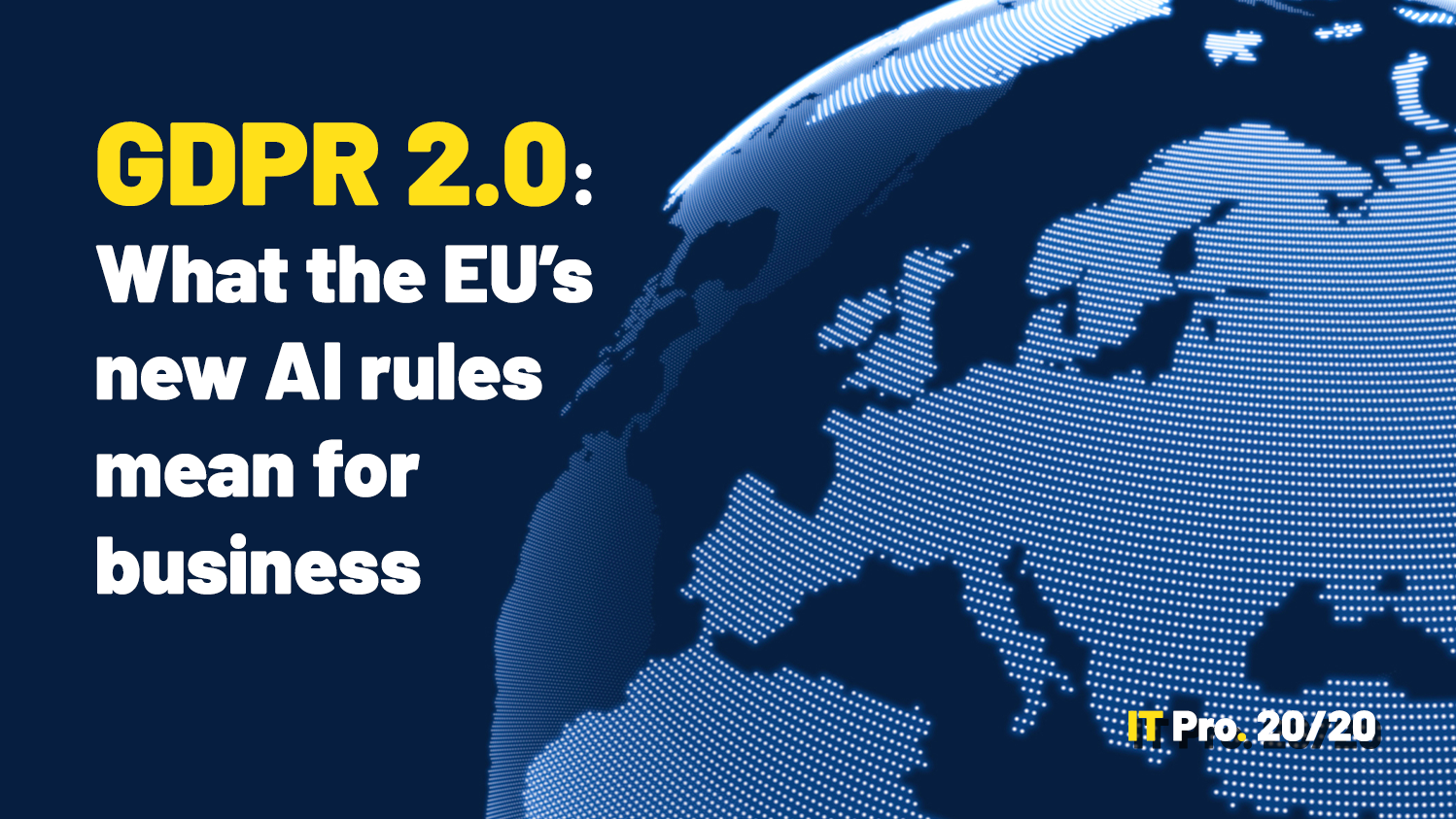ICO: Use of facial recognition tech in public spaces deeply concerning
ICO investigations found most companies using the technology tended to be "immature" in their approach to data protection


Information Commissioner Elizabeth Denham has described the use of live facial recognition (LFR) technology in public spaces as 'deeply concerning', and has called on companies not to deploy the technology just to 'save money'.
The statement comes after the Information Commissioner's Office (ICO) conducted six investigations into “planned or actual use of LFR in public places” for reasons ranging from public safety concerns to personalised advertising.
The regulator found that organisations planning to or already deploying the technology tended to be “immature” in their data protection “compliance considerations”.
“Our investigations found that controllers often gave insufficient consideration to the necessity, proportionality, and fairness of the use of LFR systems and failed to be sufficiently transparent,” Denham stated in an Information Commissioner’s Opinion notice.
This has caused Denham to become “deeply concerned about the potential for live facial recognition (LFR) technology to be used inappropriately, excessively or even recklessly”.
“When sensitive personal data is collected on a mass scale without people’s knowledge, choice or control, the impacts could be significant. We should be able to take our children to a leisure complex, visit a shopping centre or tour a city to see the sights without having our biometric data collected and analysed with every step we take,” she added.
The newly-published Information Commissioner's Opinion includes guidance for organisations considering implementing LFR into their practices, asking controllers to “not use LFR simply because it is available, it improves efficiency or saves money, or is part of a particular business model or proffered service”.
Get the ITPro daily newsletter
Sign up today and you will receive a free copy of our Future Focus 2025 report - the leading guidance on AI, cybersecurity and other IT challenges as per 700+ senior executives
RELATED RESOURCE

IT Pro 20/20: What the EU's new AI rules mean for business
The 17th issue of IT Pro 20/20 considers the effect of new regulations on the IT industry
However, Denham did note that the technology “may” have some “benefits”.
“LFR has the potential to do significant good – helping in an emergency search for a missing child, for example,” she said.
Therefore, organisations should work on “building public trust and confidence” in the way the data is used, so that “the benefits derived from the technology can be fully realised”.
“Without trust, the benefits the technology may offer are lost,” Denham stated.
While the Opinion published today is mostly targeted towards private companies, it builds on the ICO’s 2019 Opinion into the use of LFR by police forces.
Ten months after the report was published, the use of facial recognition technology for law enforcement purposes was deemed unlawful, with the Court of Appeal declaring that the technology violates human rights, data protection laws, and equality laws.
The use of live facial recognition in public spaces also hit the headlines in 2019 when private developer Argent was found to have used the technology at its 67-acre Kings Cross Central Development site.
London Mayor Sadiq Khan questioned the need for the technology at the time, adding that public spaces "should be open for all to enjoy and use confidently and independently, avoiding separation or segregation".
Having only graduated from City University in 2019, Sabina has already demonstrated her abilities as a keen writer and effective journalist. Currently a content writer for Drapers, Sabina spent a number of years writing for ITPro, specialising in networking and telecommunications, as well as charting the efforts of technology companies to improve their inclusion and diversity strategies, a topic close to her heart.
Sabina has also held a number of editorial roles at Harper's Bazaar, Cube Collective, and HighClouds.
-
 Bigger salaries, more burnout: Is the CISO role in crisis?
Bigger salaries, more burnout: Is the CISO role in crisis?In-depth CISOs are more stressed than ever before – but why is this and what can be done?
By Kate O'Flaherty Published
-
 Cheap cyber crime kits can be bought on the dark web for less than $25
Cheap cyber crime kits can be bought on the dark web for less than $25News Research from NordVPN shows phishing kits are now widely available on the dark web and via messaging apps like Telegram, and are often selling for less than $25.
By Emma Woollacott Published
-
 ICO admits it's too slow dealing with complaints – so it's eying up automation to cut staff workloads
ICO admits it's too slow dealing with complaints – so it's eying up automation to cut staff workloadsNews The UK's data protection authority has apologized for being slow to respond to data protection complaints, saying it's been overwhelmed by increased workloads.
By Emma Woollacott Published
-
 “Limited resources” scupper ICO probe into EasyJet breach
“Limited resources” scupper ICO probe into EasyJet breachNews The decision to drop the probe has been described as “deeply concerning” by security practitioners
By Ross Kelly Published
-
 Surge in workplace monitoring prompts new ICO guidelines on employee privacy
Surge in workplace monitoring prompts new ICO guidelines on employee privacyNews Detailed guidance on how to implement workplace monitoring could prevent data protection blunders
By Ross Kelly Published
-
 Five things to consider before choosing an MFA solution
Five things to consider before choosing an MFA solutionIn-depth Because we all should move on from using “password” as a password
By Rene Millman Published
-
 The IT Pro Podcast: Going passwordless
The IT Pro Podcast: Going passwordlessIT Pro Podcast Something you are, or something you have, could be more important than a password you know in the near future
By IT Pro Published
-
 Podcast transcript: Going passwordless
Podcast transcript: Going passwordlessIT Pro Podcast Read the full transcript for this episode of the IT Pro Podcast
By IT Pro Published
-
 UK police fails ethical tests with "unlawful" facial recognition deployments
UK police fails ethical tests with "unlawful" facial recognition deploymentsNews A University of Cambridge team audited UK police use of the tech and found frequent ethical and legal shortcomings
By Rory Bathgate Published
-
 TikTok could be hit with £27m fine for failing to protect children's privacy
TikTok could be hit with £27m fine for failing to protect children's privacyNews Social media firm issued with a notice from the ICO for potential violations of UK data protection laws
By Bobby Hellard Published